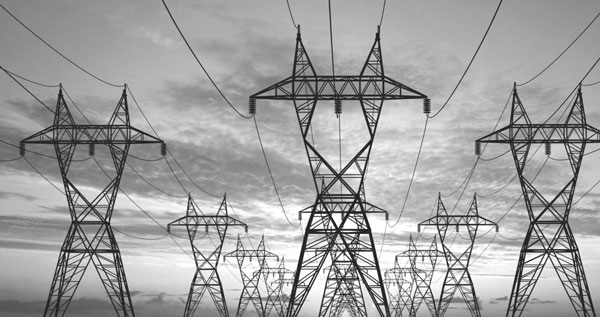
World Economic Forum and Deloitte offer energy whitepaper for Africa

Geneva – A new whitepaper from the World Economic Forum on the future energy road for Africa was released on Wednesday 23 September at the 2021 Sustainable Development Impact Summit. The report was produced in collaboration with Deloitte.
Titled “Financing the Future of Energy,” it outlines the continent’s electricity landscape and the associated financing options, all viewed against the backdrop of zero emissions targets.
Similar to energy developments in the rest of the world, Africa will also need to transition from fossil fuels to renewables, shifting at the same time from central generation and transmission to decentralised system, leveraging the power of digital technology to facilitate this transition.
“The need for digitally smarter utility platforms and sustainable development programmes will guide global leaders in helping to shape equitable and inclusive recovery programmes,” said Chido Munyati, Head of Africa at the World Economic Forum. “The entire continent remains vulnerable, but this whitepaper offers a view on what are viable financing options that exist today for clean energy sustainability and equitable recovery for all of Africa.”
Funding will be the biggest hurdle to ensure Africa’s sustainable transition to Renewables at scale [and] there are many solutions available,” said Mario Fernandes, Director, Africa Power Utilities and Renewables at Deloitte. “Africa’s winners will be the ones that are able to leverage what exists while creating an enabling environment for the private sector through a Renewables Energy Investment facility.”
While Africa’s contribution to greenhouse gas emissions from fossil fuel significantly lags behind those of other continents, it still carries a huge potential to accelerate the transition to a net-zero future. Currently, half of the continent lives without adequate access to electricity. As energy demands increase, the energy gap could be bridged through clean energy alternatives, if the financing solutions are employed now.









































